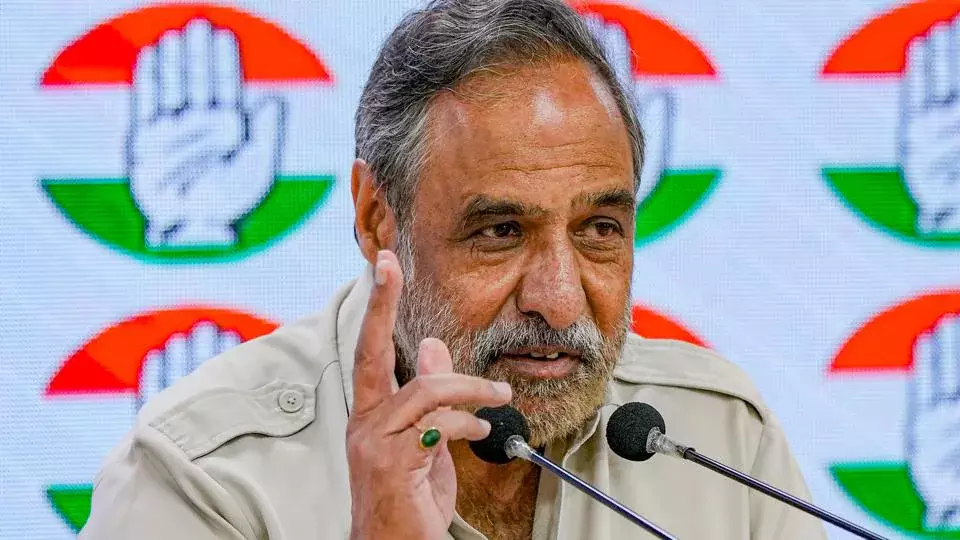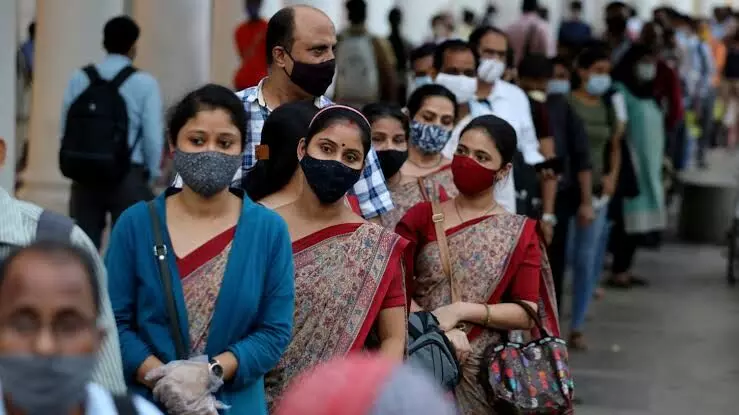
Fourth wave of Covid to arrive in June, IIT scientists predict
text_fieldsNew Delhi: A non peer-reviewed study led by researchers at IIT Kanpur has concluded that the fourth wave of Covid-19 is likely to hit India in four months time around the month of June. However the severity of the predicted wave will depend on what variant is predominant and what the vaccination status of the country is, researchers posited.
Using data from Zimbabwe as well as Gaussian distribution, the scientists modelled their predictions of the next wave of the pandemic. The study has been pre-published in MedRxiv.
"...The fourth wave starts from June 22, 2022, reaching its peak on August 23, 2022 and ends on October 24, 2022," they said. "Moreover, the 99% confidence interval for the date, when the curve will reach the peak, is approximately from August 15, 2022 to August 31, 2022."
This is the third time that researchers from IIT Kanpur have predicted a Covid-19 wave in the country. Their predictions, particularly about the third wave, have been near accurate, with a deviation of only a few days.
Using a statistical model for their prediction, the team said a fourth wave in India may arrive after 936 days from the initial data availability date of the Covid-19 outbreak (Janu- ary 30, 2020, when the first case in the country was officially registered).
Experts now believe that the virus will never go away entirely, and instead will continue to evolve to create new waves of infection. Mutations are possible every time the pathogen replicates, so surging caseloads put everyone in danger.
Omicron continues to evolve, creating some sort of Omicron-plus variant that is worse than BA. 1 or BA.2. The second possibility is that a new, unrelated variant appears, Jesse Bloom, an evolutionary virologist at the Fred Hutchinson Cancer Research Center in Seattle told scientific journal Nature.
While the mild nature of Omicron has allowed for countries like India to roll back pandemic restrictions, scientists have cautioned that a new variant could be even more severe, urging people to still keep up with pandemic precautions like social distancing and sanitisation.
8,013 people have tested positive for coronavirus in the past 24 hours, 22% lower than yesterday's daily spike of over 10,000 cases, India's total tally of COVID-19 cases rose to 4,29,24,130, according to Union Health Ministry data updated today.
The active cases, comprising 0.24% of the total infections, dipped to 1,02,601, while the national COVID-19 recovery rate has marginally improved to 98.56%, the ministry said.























